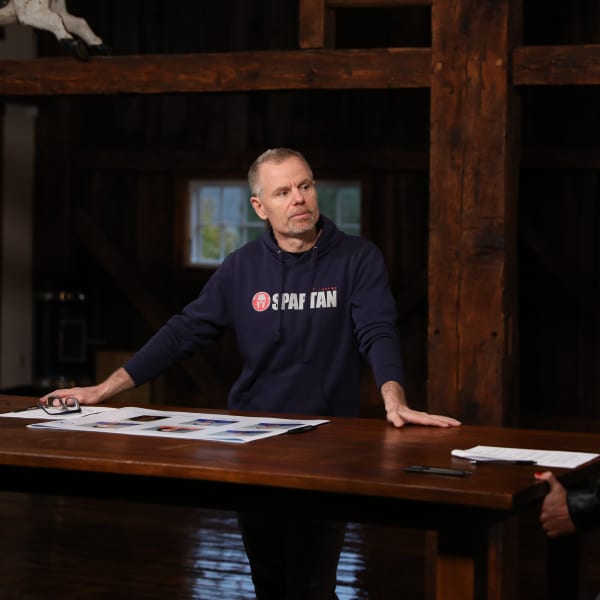Since the 2008 financial crisis, it seems like experts have been predicting that the next recession is just around the corner. It's common to see news stating that economic indicators show the economy is poised to tumble or an economist pointing to the next bubble.
These articles can be informative, but financial coach Ramit Sethi, author of the best-selling book "I Will Teach You to Be Rich," says young people shouldn't take them too seriously.
Even to seasoned investors, the market is unpredictable. "Nobody knows if the stock market is going up or down tomorrow, much less six months or 12 months from now," Sethi tells CNBC Make It.
To Sethi, it doesn't matter if the market tanked one day and saw huge gains the next. When it goes down, he invests. And when it goes up, he invests. In other words, he's consistently investing. "The news doesn't faze me, it doesn't affect me," he says, adding that he hardly even logs into his account to check the balance.
Millennials (those ages 23 to 38) have a long time horizon for their investments. Most have decades before they retire, so even if a recession hits tomorrow, or next year, there's plenty of time for those investments to bounce back. It's also worth noting that recessions and market downturns are part of a normal, healthy market cycle.
More from Invest in You:
How to invest and pay off your student loans, according to the Broke Millennial
Here's what to do if you're 'bad with money,' says author of 'I Will Teach You to be Rich'
Wealth manager to millennials: These 3 steps will help you get rich
Yet some people decide to wait until the markets look better to invest. But that's one of the worst things you can do, Sethi says.
"Real long term investors know that you can't time the market," Sethi says. "Success is about time in the market. That means every month, consistently and automatically, you are saving. You are investing."
How to recession-proof your money
Rather than focusing on what may happen, focus on what you're doing with your money now. Sethi recommends asking yourself the following questions, which aim to ensure you're saving and investing appropriately for your future.
- Do you have an automatic savings plan set up where you regularly transfer money from your checking account to a savings account? Is it roughly 10% of your income?
- Are you investing money automatically, diverting an additional 10% of your income into a 401(k) or other retirement savings account?
- Do you have your investments set up and properly diversified? Or are you just putting money into an account and letting it sit there?
- Are you in constant contact with your boss at work asking what you can do to be a better performer so you're in line for raises and promotions?
"If you're doing those things, then you don't need to worry about what recession might or might not be coming," Sethi says.
However, "if you haven't done those things it's OK," Sethi says. "It's not too late."
You may not be able to save and invest 20% of your income every month, but at the very least, make sure you're contributing enough to your 401(k) to take advantage of any employer match, which is essentially free money.
You should also focus on steadily putting money into a savings account so that you have three to six months' worth of income to fall back on in case of an emergency. That can be as little as $5 a day.
Don't stress about the possibility of a recession. Instead, think carefully and strategically about what you're doing with your money today. As Sethi says, "That's how you focus on building your rich life."
CHECK OUT: Millennials are America's largest group of homebuyers—here's how to join them via Grow with Acorns+CNBC.
Disclosure: NBCUniversal and Comcast Ventures are investors in Acorns.








